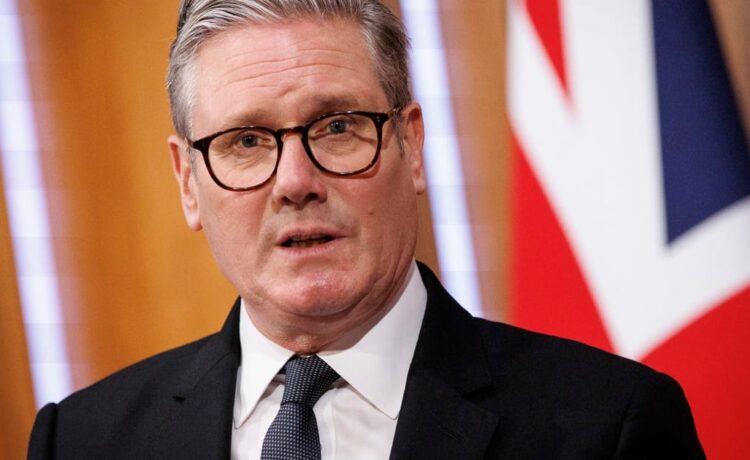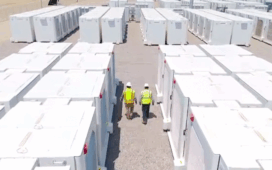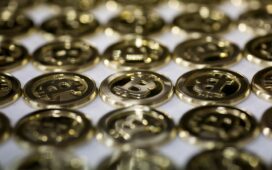The country’s Prime Minister Bart de Wever relayed a similar message to top aides of Ukrainian President Volodymyr Zelenskyy during a recent visit to Kyiv, one official briefed on the meeting told POLITICO.
Faced with several potential backup options to neutralize the threat of Hungary’s veto, Euroclear is seeking clarity from the EU on what happens if the sanctions are not renewed.
Any extended legal limbo threatens to tarnish Euroclear’s reputation as a trustworthy place to do business, and could expose it to compensation claims by the holders of confiscated assets.
Other countries, however, are urging caution on the idea of seizing the assets outright. “There is always a chance to move as a final option to confiscation, but I think at the moment it would not be prudent,” Lithuanian finance minister Rimantas Šadžius told POLITICO.
Opportunity cost
Another incentive to move ahead with the new structure quickly is that the funds could then be assigned to riskier investments capable of generating much higher returns.
Under its operating rules, Euroclear is compelled to invest the assets — many of which have now matured into liquid cash — with the Belgian central bank, which offers the lowest risk-free rate of return available.





